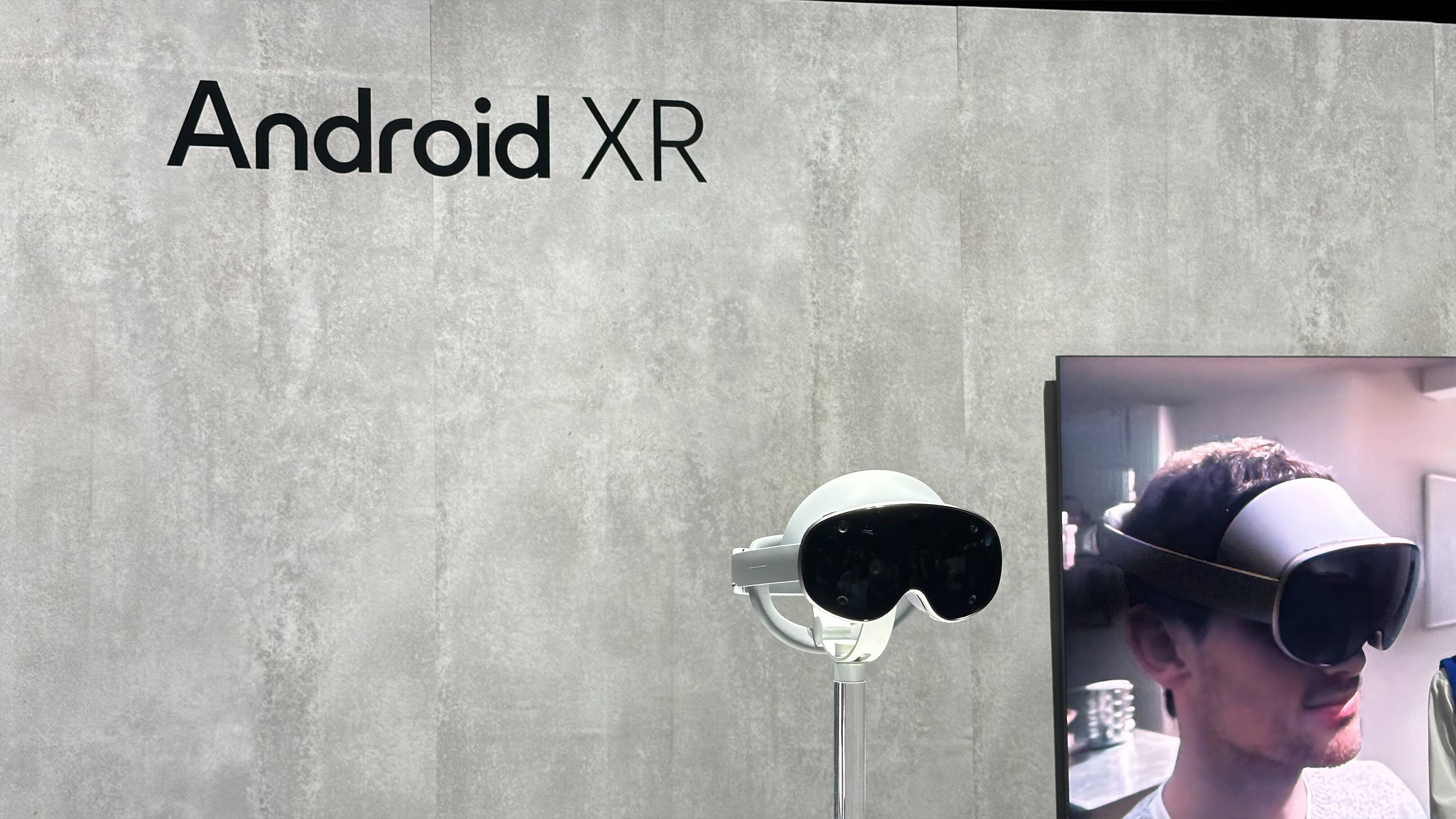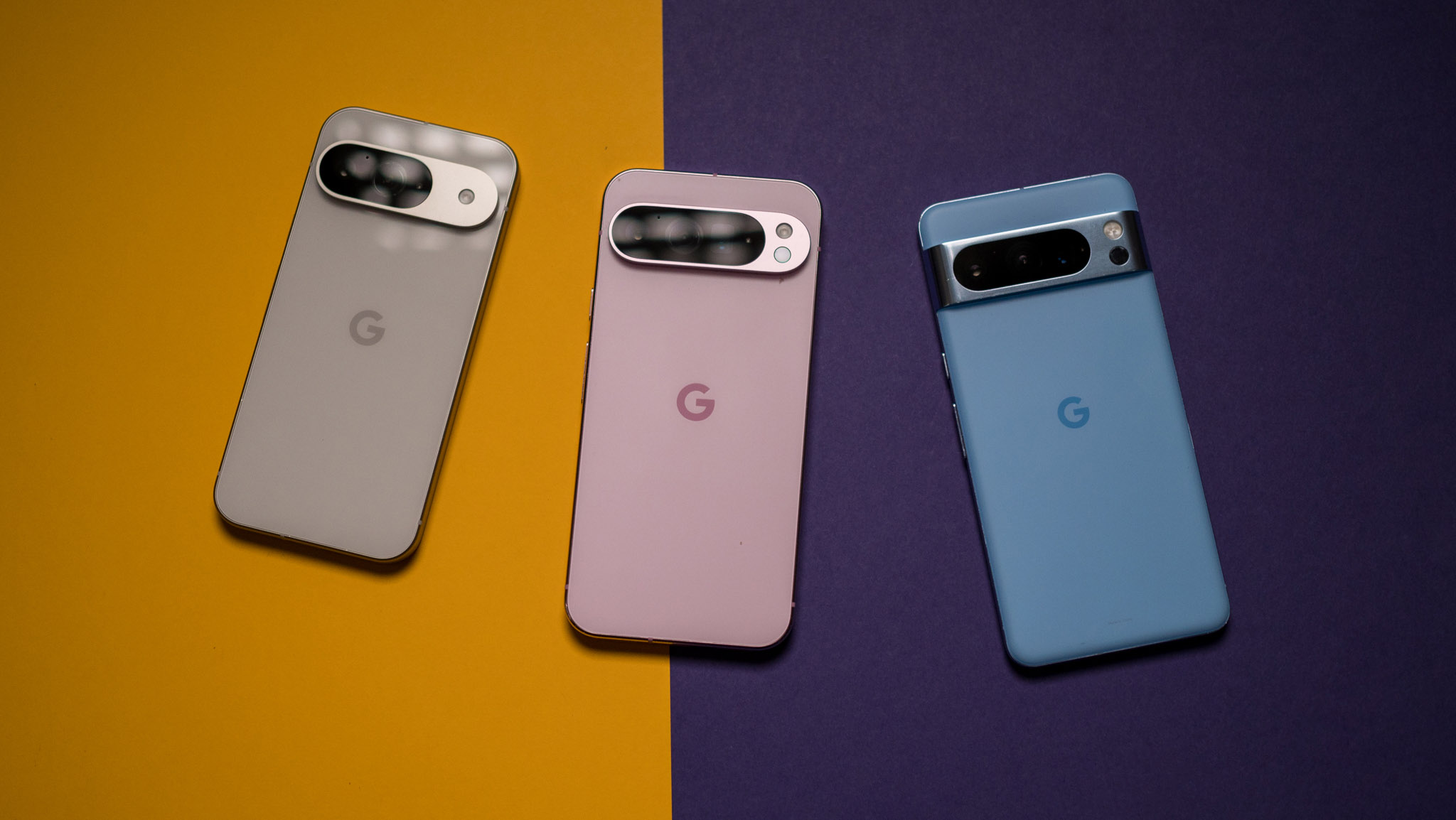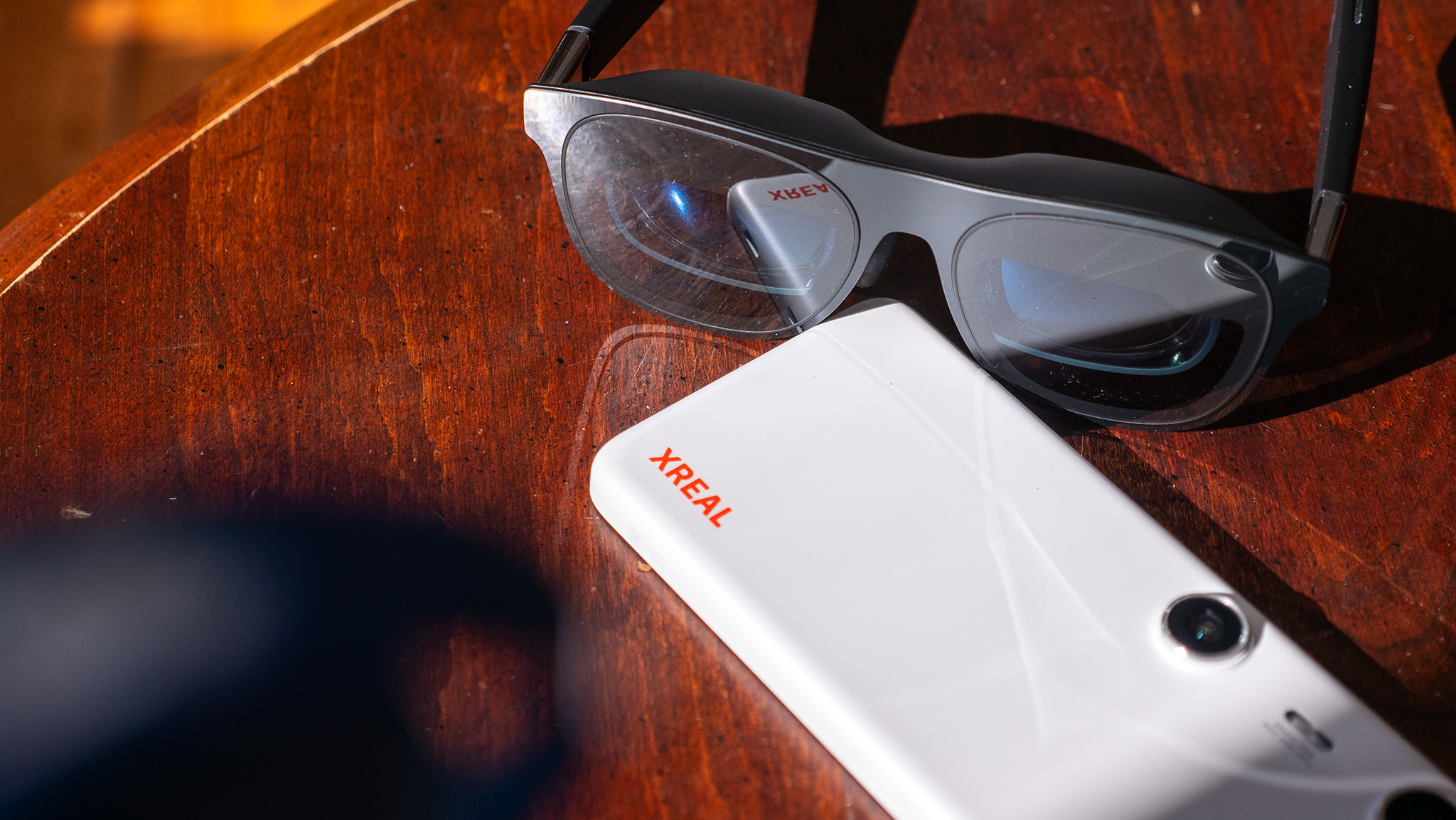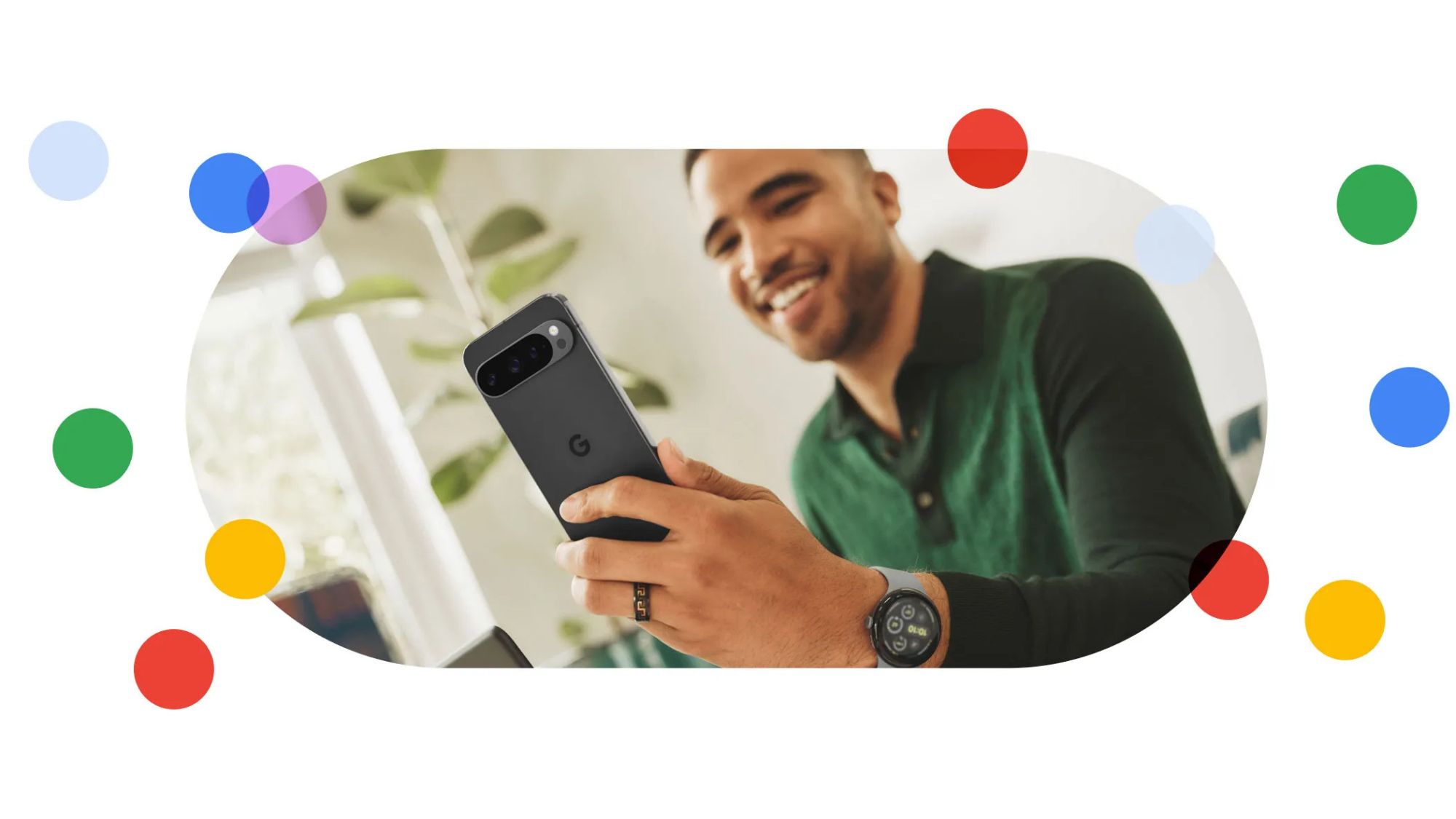Looks like Google is serious about Android XR, after all
A huge investment into HTC mirrors what Google did when it evolved the Pixel in 2017.

Google shocked the industry this week when it announced that it was investing $250 million into Android XR by bringing on talented HTC Vive engineers to bolster the fledgling operating system. HTC's Vive team helped pave the way for modern VR headsets when they co-developed the original Vive headset with Valve 2016, and now the company's engineers look to be doing something similar for Android XR.
This comes just a day after Samsung finally showed off its upcoming XR headset — currently called Project Moohan — at Samsung Unpacked 2025 alongside the Galaxy S25 unveiling. While there's no reason to think Google is making a Pixel VR headset just yet, the move to bring on engineers from HTC mirrors what Google did to evolve the Pixel in 2017.
The surprising part here isn't that Google cares at all — the company has been working on AR and VR tools for over a decade now — it's that Google cares this much about what some were worried would be another addition to the Killed By Google board.
Pixel perspective

When Google invested $1.1 billion into HTC to evolve the Google Pixel brand, we knew the company finally meant business. Gone were the days of experimental Nexus hardware built by a different company every year. A few years later, the Pixel 6 declared a total rebirth of Google's hardware vision with a custom chipset and an immediately identifiable design.
Pixel wasn't a success overnight. In fact, it took seven full years before people started buying Google's phones in respectable numbers. Likewise, we don't expect Android XR to explode in popularity right out of the gate when its first products are expected to debut sometime this year.
Pixel wasn't a success overnight and Android XR won't be either, but that's where the strength of this new partnership comes in.
To note, "XR" is the umbrella term that encompasses any kind of AR and VR device, much like "smartphone" can mean anything from a folding phone to a phone with a physical keyboard (and beyond).
Google's Android XR blog post is very terse at just one paragraph long, but its sentiments echo what the company did with HTC in 2017. From our current understanding, Google is mainly interested in software engineers who will help build out the Android XR platform for VR headsets and AR glasses.
Be an expert in 5 minutes
Get the latest news from Android Central, your trusted companion in the world of Android
Regardless of the specifics of the partnership right now, the energy behind the announcement shows that Google isn't going for a flash-in-the-pan sort of product this time around. The company means business this time around and it's not going away anytime soon.
From rocky ground to a firm foundation

Android XR is a main branch of Android, not just a layer on top like Daydream. It’s an Android vertical.
Shahram Izadi, VP of XR at Google
Given Google's history of killing products before their prime, many were hesitant to celebrate the company's major re-entry into the XR space. Google's first AR project, Google Glass, was only available to consumers publicly for less than a year. Google's first major VR ecosystem, Google Daydream, was killed after just three years. Few need to be reminded of Google's latest platform failure, Google Stadia, which was also killed less than three years after being announced.
And while most of these ventures were made with partners along the way — Lenovo with Daydream and Ubisoft with Stadia — Google's partnership with HTC was different with the Pixel, and it's also different with Android XR. That's where my hope begins.
Bringing on HTC employees to Google's R&D hub in Taiwan is a huge deal. This is Google's biggest non-U.S. R&D location and the place where a lot of Google's biggest and best products are made. It's also a place where Google has grown over the past seven years since the first HTC acquisition, meaning it's very unlikely the company will pull out of Android XR the way it did with the Glass, Stadia, and Daydream.
Google is growing its Taiwan R&D facility once again with this partnership, proof that this platform isn't like Daydream, Glass, or even Stadia.
Google has also announced several hardware partners that are hard at work on actual products that'll use the Android XR platform. This is about more than Google spinning off some side business that may or may not make money. This is as important as Wear OS for smartwatches and Android Auto for cars. Google's investment in HTC here proved that beyond a shadow of a doubt.
As Google’s VP of XR, Shahram Izadi, told Road to VR, "Android XR is a main branch of Android, not just a layer on top like Daydream. It’s an Android vertical."
This isn't a side project for Google; it's a new main pillar of Android going forward. I was extremely skeptical when Google first announced this project a year ago, but these latest moves have sealed my faith that Google is taking this seriously and is in XR to stay.

You must confirm your public display name before commenting
Please logout and then login again, you will then be prompted to enter your display name.
